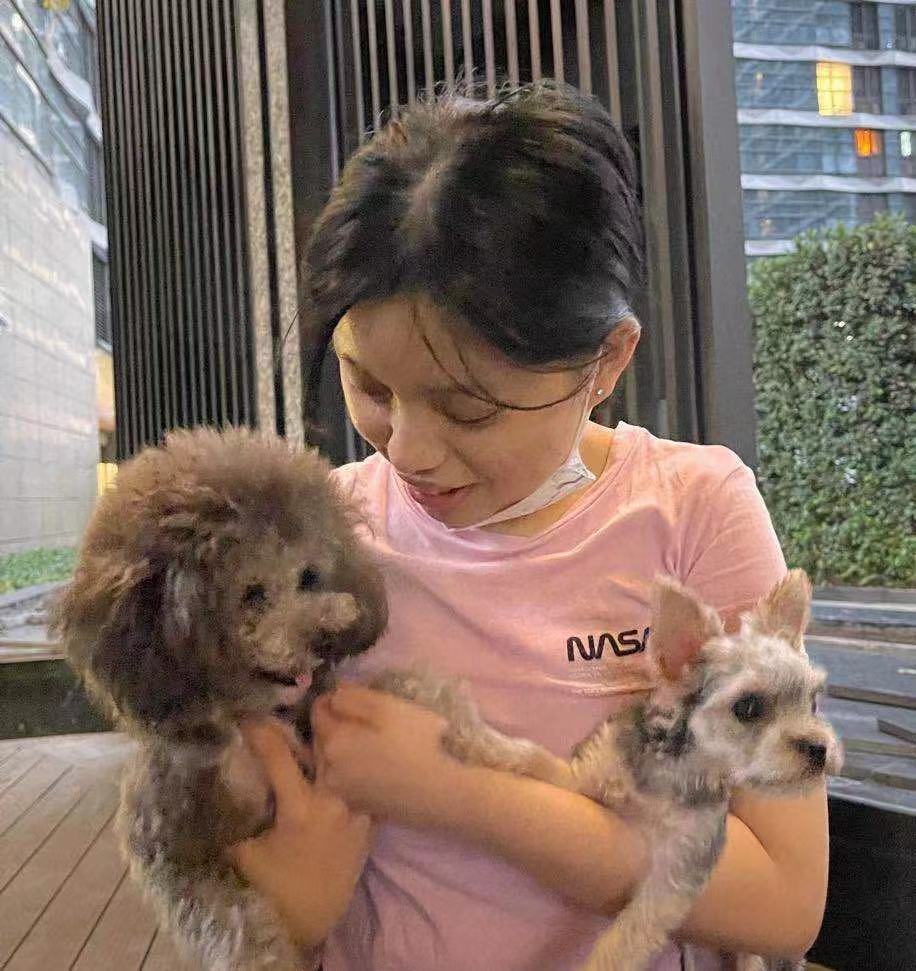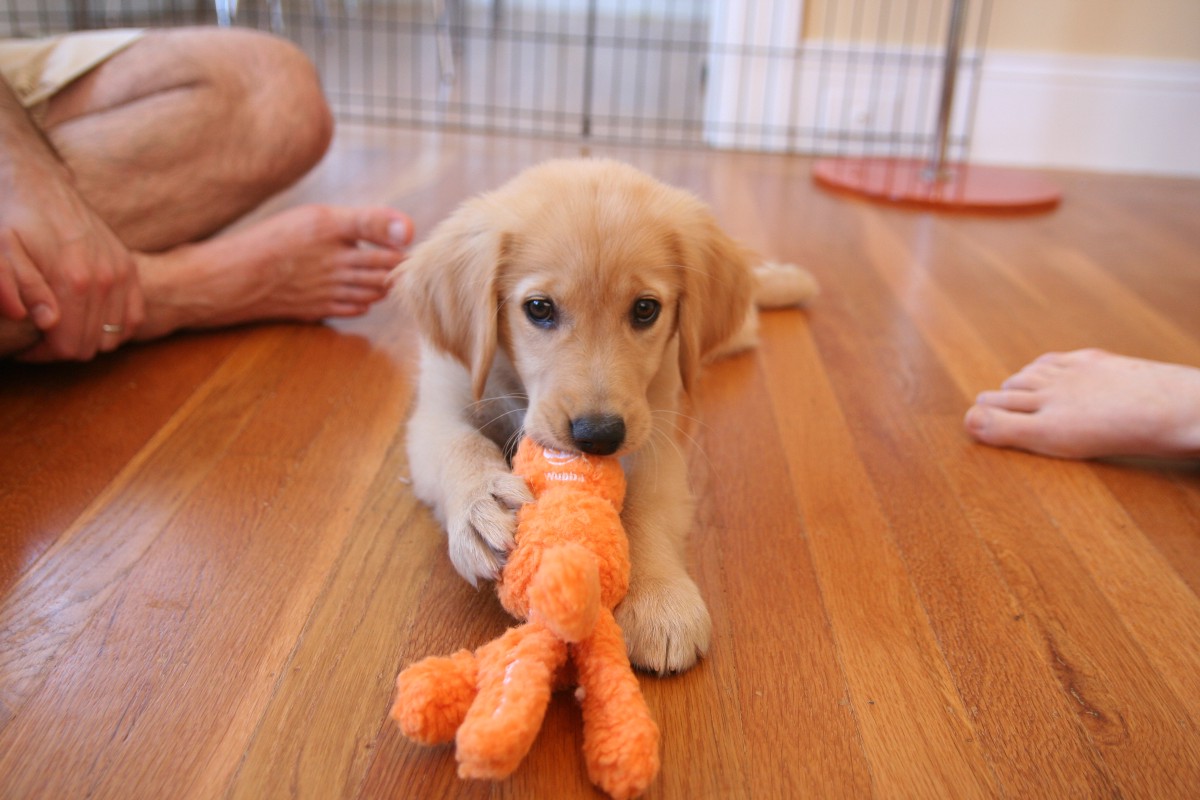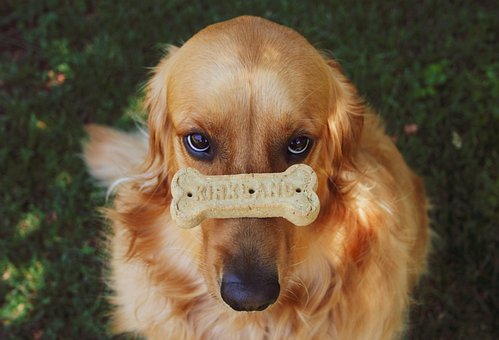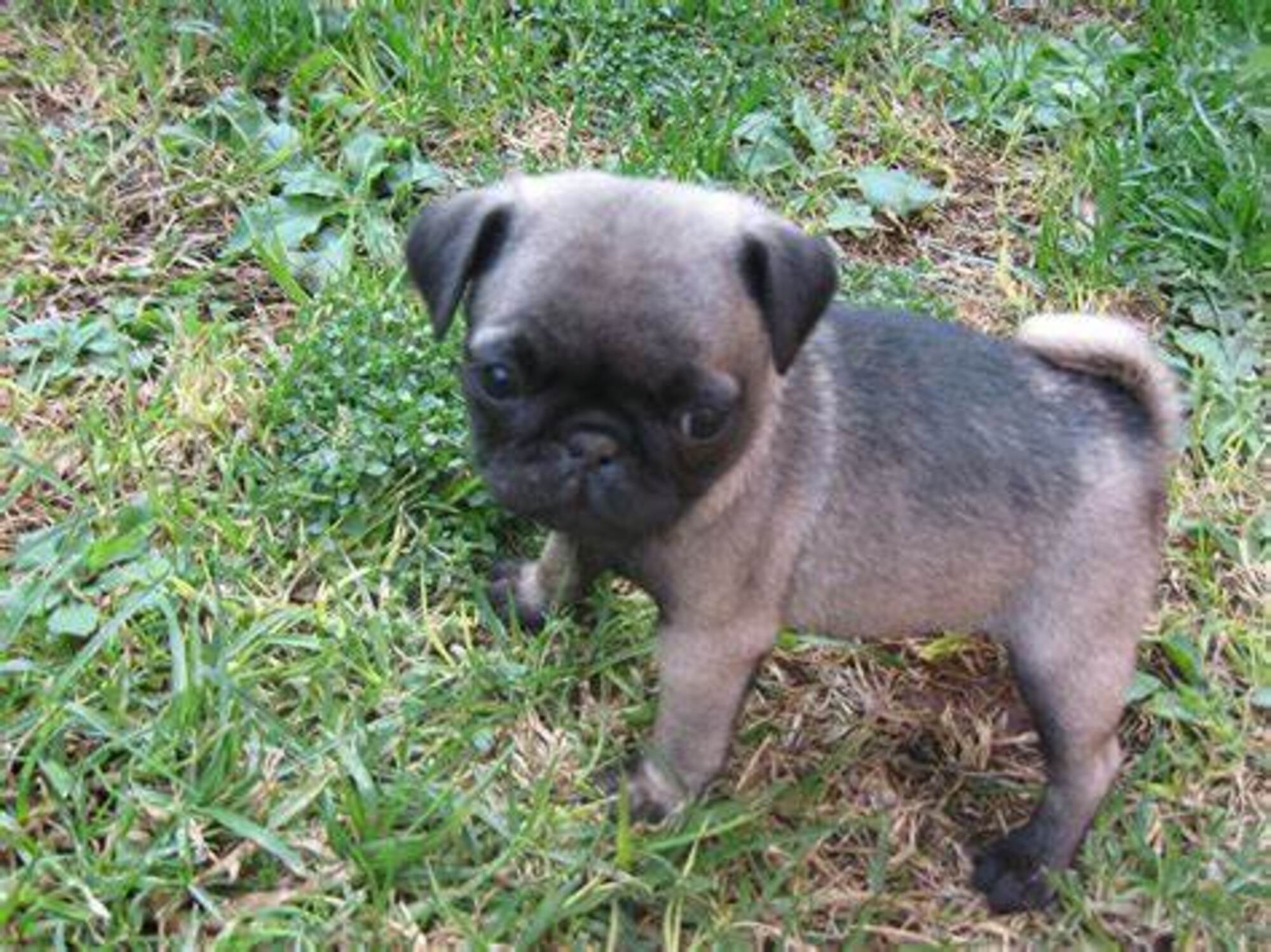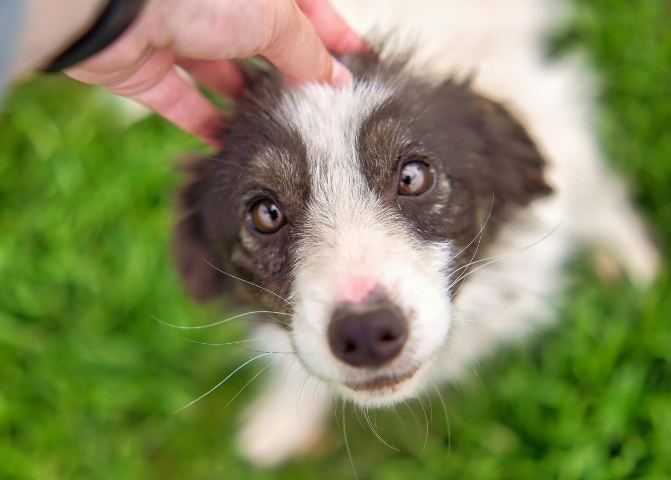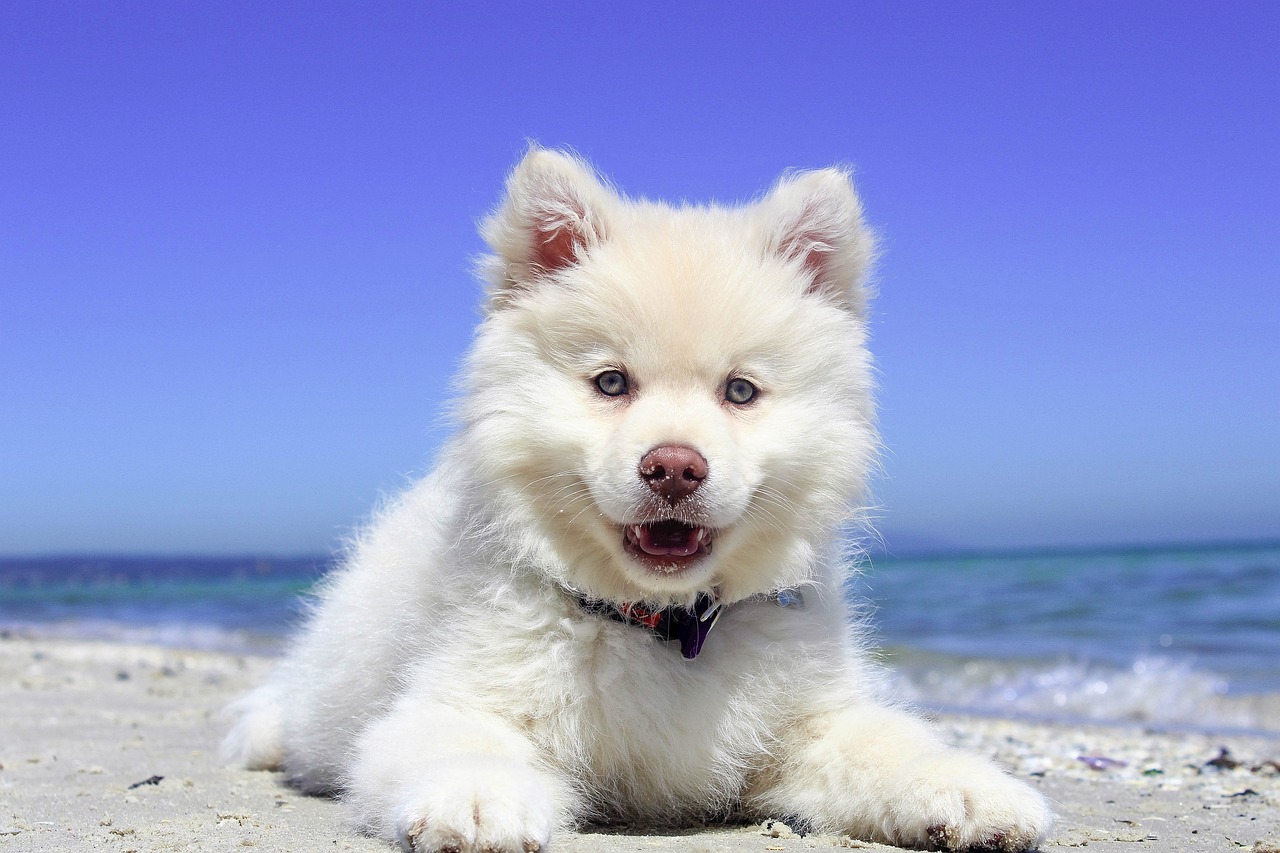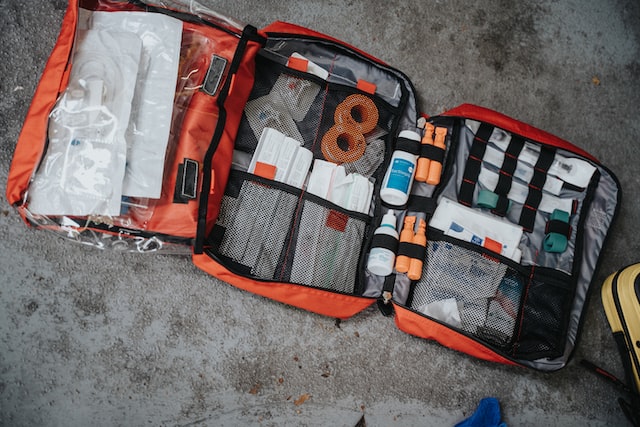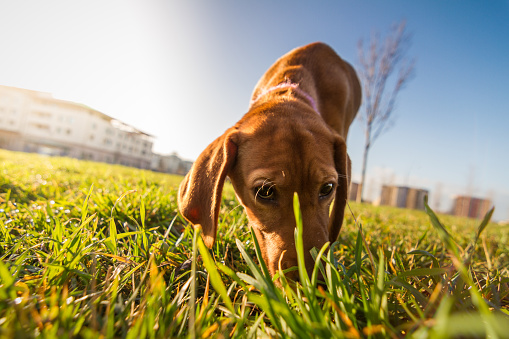
Although we love our dogs so much and perceive them as family members, we can not deny, that sometimes we may get disgusted by their habits-rolling in the dirt, eating unpleasant and non-edible objects, especially poop. Poop eating is behavior that many dogs exhibit, which is likely to make you wonder whether this is normal or not.
What may cause poop eating in dogs, how can you prevent it and whether you should worry or not, are questions that we will answer today.
What May Cause Your Dog to Eat Poop
Coprophagia, or the practice of eating feces, is common behavior in a lot of animals. Although you may not understand it and perceive it as repulsive and bizarre, it actually provides information to your dog about the animal that the excrement belongs to.
Your Dog May Just Like Eating Poop
If you wonder why your paw friend enjoys this odd activity, you may have forgotten how great a sense of smell dogs have. The number of the olfactory receptors in their noses is likely to exceed the same in human noses about 40 times. It is believed that dogs are able to detect odors that are 20 km / 12.42 miles away. Hence, your paw friend may have detected undigested nutritional particles in the feces, whose smell seems to be appealing to him/her.
Neophilia
According to researchers, canines are likely to show the so-called neophilia. Neophilia is meant attraction or preference for novel objects. In dogs, this tendency is likely to manifest as an attraction to new odors.
Your Dog May Be Hungry
Some dogs are pickier, others tend to be greedy and not pick out what they eat. If your canine belongs to the second group and he/she gets hungry, the chances for him/her to eat or even poop increase. If this is the case, you may want to consider your canine’s diet and feeding schedule.
You should pay attention to the quality and quantity of food you feed your dog. It is recommended that you keep track of your dog’s weight. If his/her waist and ribs are too obvious he/she might be underweight. Adapt your canine’s food to his/her age, breed, and health. You may want to mix wet and dry food so that your paw friend gets all the necessary nutritional elements.
Also, it is recommended that you stick to a feeding routine as much as possible. Teach your dog that he/she will receive food and treats at certain time of the day. If you find this too restrictive towards your dog, remember that dogs are creatures of habit and predictability is something they perceive as positive. Sticking to a schedule will also be beneficial for other aspects of raising a dog-he/she may learn to patiently wait for the walk time / play time / exercise time to come, which will prevent him/her from exhibiting unwanted types of behavior.
You should pay attention to when your dog usually eats poo-is it before or after feeding time? If you are not confident about what quantity and brand are most suitable for your dog, you may need to consult a veterinarian. They will weigh your canine and recommend food that meets his/her needs as an individual.
Copied Behavior
You may wonder whose behavior dogs tend to copy... It is their mother’s. Dog mothers lick their newborns for several reasons such as keeping them clean, protecting them from parasites and hiding their odor, so that predators do not determine their location. Since eating poop was common behavior for his/her mother, your pup may have copied it. Most pups outgrow this behavior the moment they leave the den or start eating solid food. However, this is not always the case.
Emotional State
If you have been reading our articles for a while, you may already know, that the emotional state of our paw friends is as important as their physical one. When going through stressful situations, dogs are likely to change their habits and start deviating from their typical behavior. Possible triggers for dogs can be any environmental changes or the presence of a stressful factor such as a person, an odor, a sound... Often dogs whose owners have moved to a new home or have welcomed a baby or a new pet, tend to get stressed.
Medical Condition
Although eating poop is not so rare as we may wish, and in most cases there is no need to worry, you still need to supervise your dog and not skip regular veterinarian checks. In some cases it may be caused by an underlying health issue like:
-Intestinal parasites;
-Thyroid conditions;
-Diabetes.
Also, certain medications may have side effects, leading to this behavior.
Can Eating Poop Harm Your Dog?
Yes, it might be harmful, as there is a risk of bacteria and parasites being transferred to your dog through excrement.
Another risk, that should not be neglected is medication transferring from one animal to another through their feces. Eating poop can be more dangerous for dogs, who tend to eat other animals’ excrement, than their own.
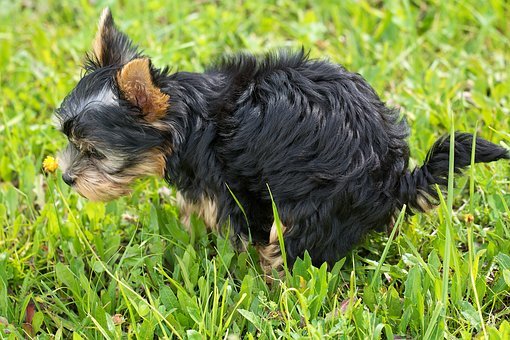
How to Prevent Your Dog from Eating Poop
Basic Obedience
In order to take proper actions to prevent this type of behavior, you should know its cause.
If it is behavioral-related, you may want to consider training your dog in basic obedience, especially the “leave” command. Knowing basic obedience commands will be helpful in many situations, especially when you and your furry friend are outdoor and he/she is exposed to various sounds, smells, people, and animals.
Walking on a Leash
Calmly walking on a leash is something you should train your dog in if you want to make sure that he/she will remain calm and obedient even in the presence of distractions.
Encouraging Wanted Behavior
Yelling at your dog and forcing him/her to stop doing what he/she seems to enjoy doing, is not the right approach. You should try motivating your paw friend instead and showing him/her that he/she will be rewarded if he/she behaves properly. Provide your dog with treats/praises, pet him/her when he/she does the right thing. The more you reinforce a certain behavior, the more frequently your canine is likely to exhibit it.
Right Diet
As mentioned above, we would recommend that you pay attention to both the quality and quantity of food you provide your dog with. You should make sure that he/she receives all the important nutritional elements that his/her body needs. However, be careful to not overfeed your canine, as both underweight and overweight bring risks for your dog’s health.
Clean After Your Dog
When taking your paw friend on a walk, you should be prepared and always carry a poop bag to clean after he/she has relieved his/herself. That way you will prevent him/her from trying to eat his/her poop.
Address Anxiety
If this behavior is caused by stress or anxiety, you should try figuring out what the stress trigger is. If the trigger is related to environmental changes, it is recommended that you give your dog time to adapt and try to provide him/her with comfort and a feeling of safety. Setting up an area at home, to be his/her private safe zone (zone to play/eat/rest), will provide your paw friend with comfort, especially if you have recently moved to a new home and your dog is still adapting to it. You can also consider giving your dog a massage or playing calming music for him/her.
If there is a certain trigger that causes stress in him/her, you can just remove or avoid it, i.e. do not go with your paw friend to crowded places with loud noises, avoid visiting parks where are reactive dogs, but the curtains, if your dog gets anxious because of the moving objects he/she sees through the window.
If this will not be possible, you should consider training your dog to change his/her attitude towards it. This can happen through “desensitization” and “counter-conditioning”. We have explained these terms before, however, we will do it again, in case you are new here.
By “desensitization” it is meant exposing the dog to stimuli, but keeping these at a really low level so that the dog will not react. You should increase the stimuli gradually until the dog is able to remain calm even at higher levels of the stimuli.
“Counter-conditioning” means changing the negative attitude of the dog to the trigger, by providing him/her with treats, toys, or anything considered valuable and positive for him/her while the trigger is present. By pairing the positive experience from receiving a reward with the presence of the trigger, the dog is likely to change his/her attitude towards it over time.
Physical and Mental Stimulation
You should spend quality time with your paw friend, and not neglect his/her needs to play and explore. Both physical and mental stimulation are important so that your dog stays fit and happy. Interesting obedience or puzzle toys will provide your canine with challenges and will keep him/her busy, in case you can not spend much time with him/her during the day.
Muzzle
We are not much into this option, however, in certain situations it will help you stop your pup from eating feces or other non-edible items.




